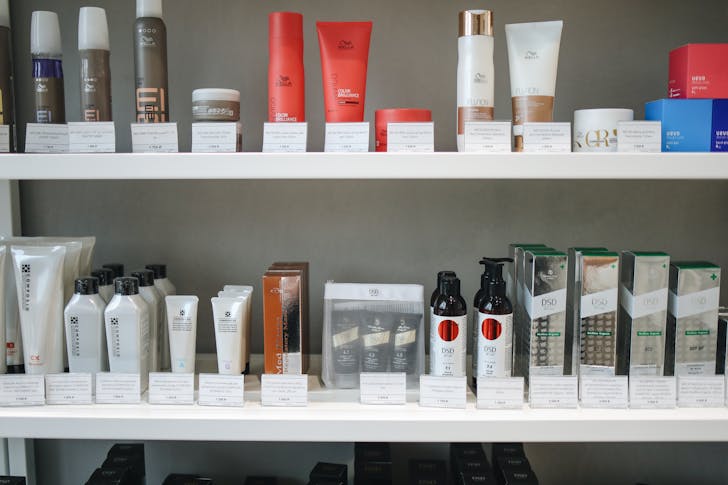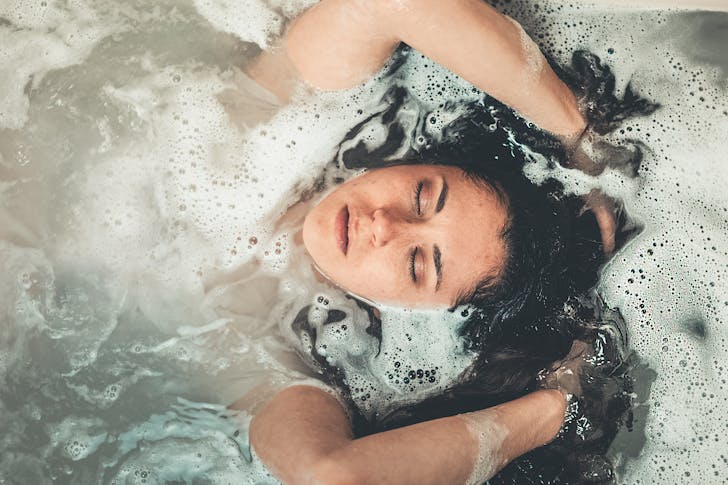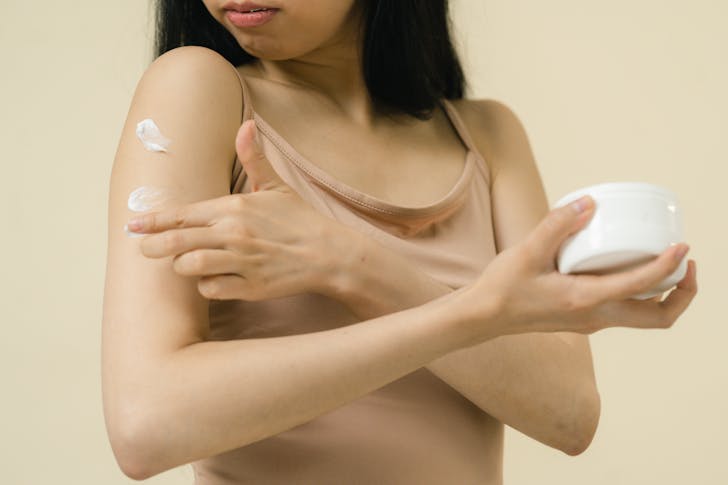Experiencing skin peeling on your face after implementing a skincare routine can be perplexing and frustrating. This phenomenon, where the skin becomes dry, flaky, or even itchy, often raises the question: why is my skin peeling on my face after skincare? Understanding the root causes and identifying preventive measures are crucial to maintaining healthy and radiant skin.
The Role of Skincare Products and Practices
One of the primary culprits behind facial skin peeling is the use of harsh skincare products. Products that contain strong chemicals, particularly alcohol-based toners and astringents, can strip the skin of its essential natural oils. This loss of oils leads to dehydration, which compromises the skin’s ability to retain moisture, ultimately causing dryness and flaking.

Polina Tankilevitch | Pexels | Skin products that contain strong chemicals, particularly alcohol-based toners and astringents, can strip the skin of its essential natural oils.
For those with dry skin, it's advisable to opt for gentle, non-comedogenic, and fragrance-free products. These products should be formulated to enhance moisture retention and support the skin's barrier. Ingredients such as hyaluronic acid and ceramides are beneficial as they help to hydrate the skin and reinforce its natural defences against environmental irritants.
Environmental Influences and Lifestyle Factors
External environmental factors significantly influence the condition of your skin. Changes in weather, particularly during colder or drier seasons, can sap moisture from your skin, leading to dry patches and peeling. Furthermore, habits like taking long, hot showers or baths can exacerbate skin dryness by removing the skin’s natural oils.
Adjusting your bathing routine can help mitigate this dryness. Limiting shower time and using lukewarm water instead of hot can preserve the skin’s natural oils and hydration. Additionally, incorporating a robust moisturizing regimen post-shower can lock in moisture and protect the skin from peeling.
Impact of Health Conditions and Medications
Dry, flaky skin on the face isn’t solely a result of external factors or skincare mishaps; it can also stem from underlying health conditions such as eczema or psoriasis. These conditions are characterized by a compromised skin barrier, which makes the skin more susceptible to dryness and irritation.
Moreover, certain medications might contribute to skin dryness as a side effect. If you notice a correlation between new medication and changes in your skin condition, consulting with a healthcare provider for tailored advice is essential.
Who Is Most at Risk?
Although anyone can experience dry and flaky skin, individuals with naturally dry skin are more prone to these issues due to lower sebum production. Aging also plays a role, as sebum production tends to decrease with age, often intensifying dryness past the age of 40.
People living in harsh climates—either very cold or dry—also face a higher risk of experiencing dry skin on their faces. Smokers and those with certain medical conditions may find that their skin is less able to retain moisture, leading to chronic dryness and flaking.
Why Is My Skin Peeling on My Face After Skincare
Understanding the multifaceted reasons why your skin peels after skincare is the first step toward finding a solution. By adjusting your skincare products and routines and understanding your skin’s needs, you can help ensure that your skin remains hydrated and healthy-looking.


